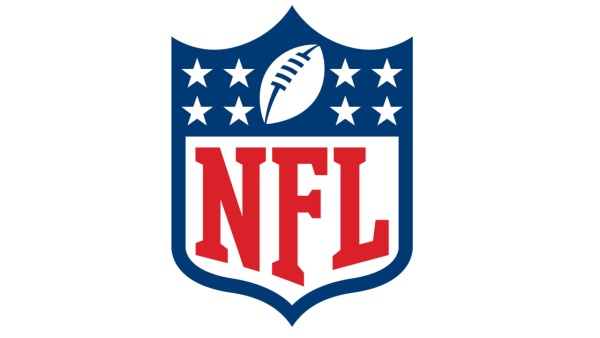



Local costume shops in Western Pennsylvania are facing a 'last ditch effort' to survive amidst competition from big-name Halloween retailers [8fc2c92a]. These small businesses are grappling with challenges due to the pandemic and the rise of online shopping. Despite these obstacles, they are relying on loyal customers and unique offerings to stay afloat. Several costume shops in the region are highlighted in the article, showcasing their strategies to attract customers. These local businesses are determined to provide personalized service and a wide range of costumes to their customers, even in the face of tough competition [8fc2c92a].
Meanwhile, local businesses in Quebec are also facing challenges during the holiday season. Aggressive advertising from large chains and the difficulty of competing with their prices and delivery times have posed significant obstacles for local retailers. The solidarity and support for local businesses observed during the early stages of the pandemic have diminished, and many local businesses are struggling to keep up. The owners of Rose Bon Bon and La Fabrik, two local boutiques, express the need for a government campaign promoting local shopping. They emphasize that buying local is not just about budget, but also about supporting the local economy and contributing to the community. The article also highlights the importance of customer service and personalized experiences for regional businesses. Despite the challenges, some new local businesses, like NOPé, a clothing and outdoor accessories company, have gained recognition and are cautiously navigating the economic landscape. The article concludes by discussing the growing awareness of social responsibility and sustainability in consumer choices, and the importance of promoting local products.
The article from The New York Times explores the promises and problems of buying local, using the example of North Dakota's law that prohibits drugstores not majority-owned by a pharmacist [9fe4ec42]. The law has faced multiple challenges and has resulted in North Dakota having the most pharmacies per capita. The article also mentions North Dakota's public bank and state-owned flour mill as examples of self-reliance. The argument against buying local is that there are gains from trade, where prosperity is greatest when people and countries focus on what they're best at and buy everything else from others who specialize [9fe4ec42].
The article 'The Procurement Economy: Local Suppliers, Local Wealth' from The Philadelphia Citizen discusses the potential of the procurement economy to grow small local businesses, particularly those owned by socially and economically disadvantaged individuals [7a408199]. The article highlights the collaboration between the Aspen Institute Latinos and Society Program and the Nowak Metro Finance Lab at Drexel University in creating a Procurement Playbook, which has been applied in San Antonio and El Paso. The Playbooks assess the scale of spending by federal, state, and local governments, identify challenges facing local businesses, and make recommendations to improve the procurement system. Fragmentation, compliance-focused supplier diversity programs, limited access to financial products, and disjointed marketplaces are identified as barriers to small business contracting. The Playbooks recommend institutional reforms to reduce fragmentation, build supplier capacity, and drive market-making that builds wealth and strong local economies. San Antonio has already started implementing reforms, including the formation of a Procurement Innovation Council and a Procurement Academy. El Paso is also working on collaborative approaches to procurement, with a focus on defense procurement and green supply chains. The article concludes by emphasizing the importance of local and metropolitan organizing and purpose in unlocking the potential of the procurement economy [7a408199].
The NFL has announced the rollout of NFL Source, an evolution of the league's supplier diversity commitment. NFL Source aims to standardize how the NFL and its partners support working with underrepresented businesses locally and nationally. It will expand the league's day-to-day procurement efforts and increase access, identify potential qualified partners, and drive economic impact across the league and clubs. The league will look to increase partnerships with certified and underrepresented businesses that are 51% owned and operated or led by a veteran, woman, minority, person with disabilities, or are LGBTQ+. The program includes training sessions, adoption by all procurement leads at the league, distribution of a supplier diversity playbook, mandatory adoption for NFL tentpole events, and more. The NFL will also partner with the U.S. Black Chambers, Inc to help local businesses obtain the necessary certifications to do business with the league [d159d387].